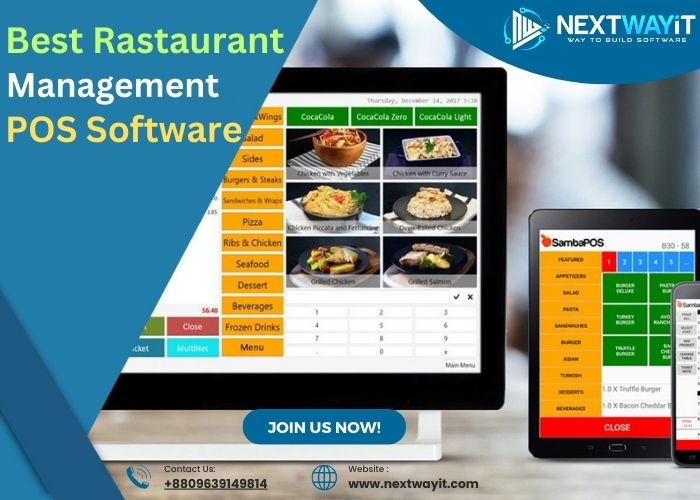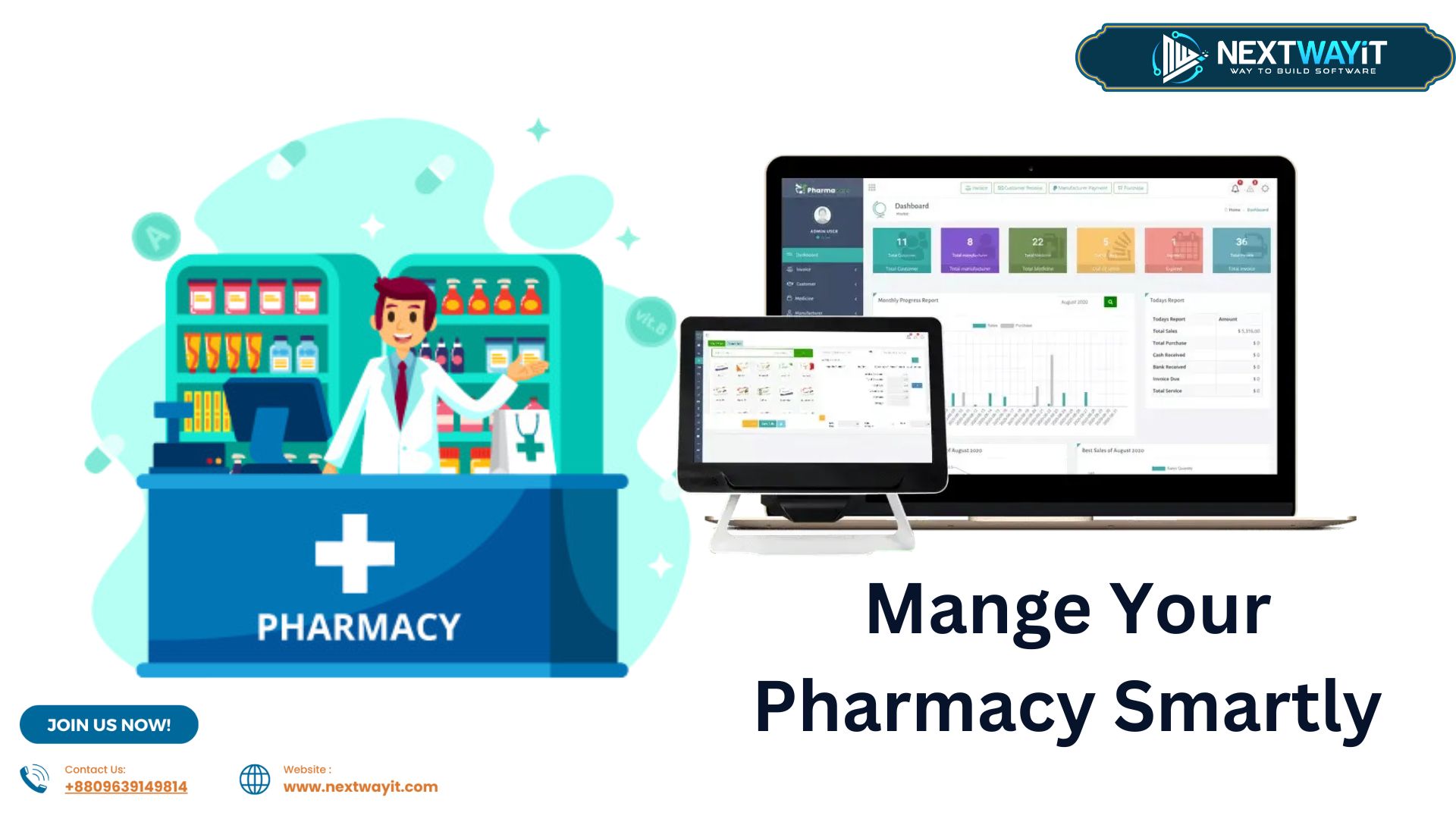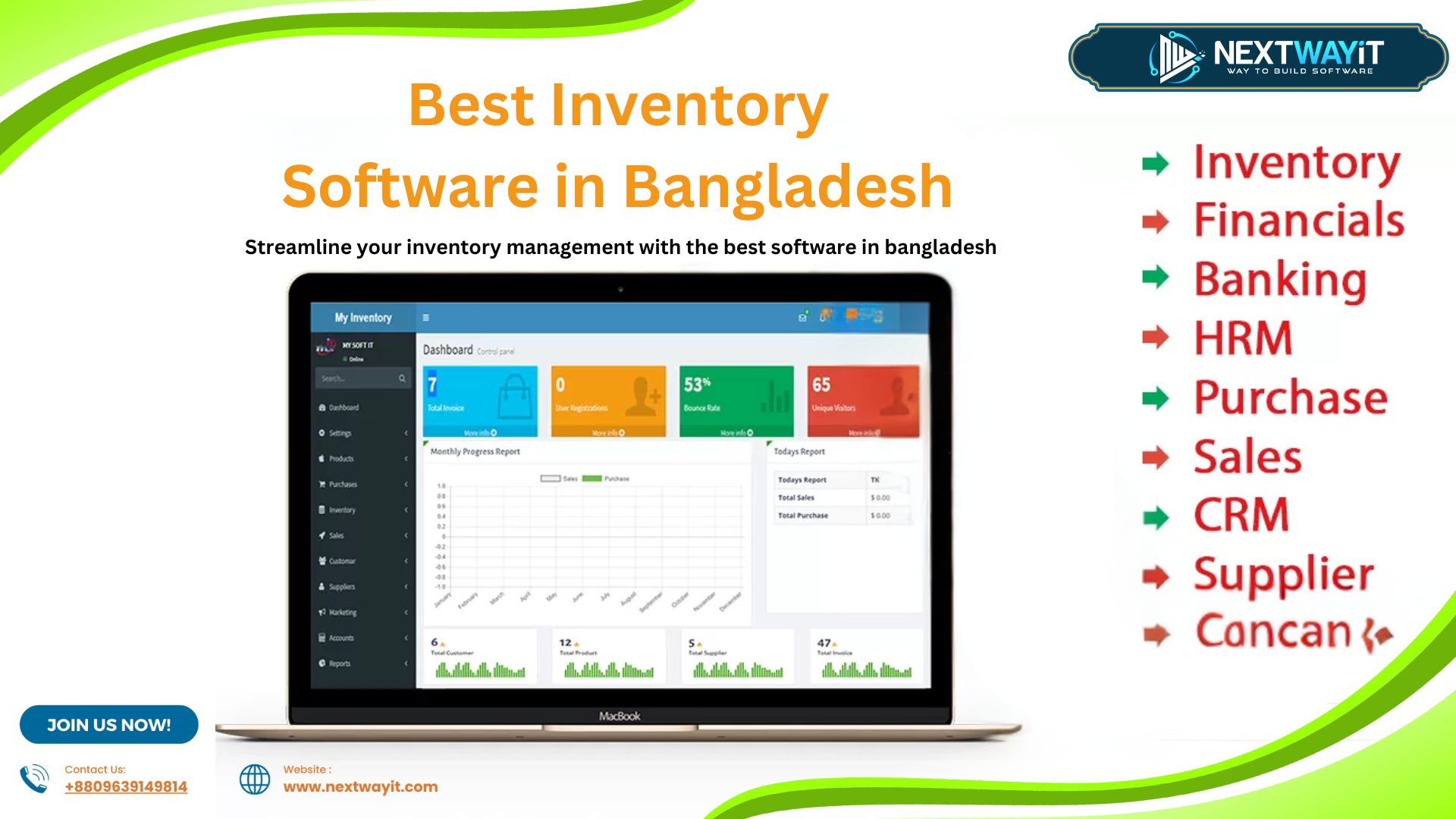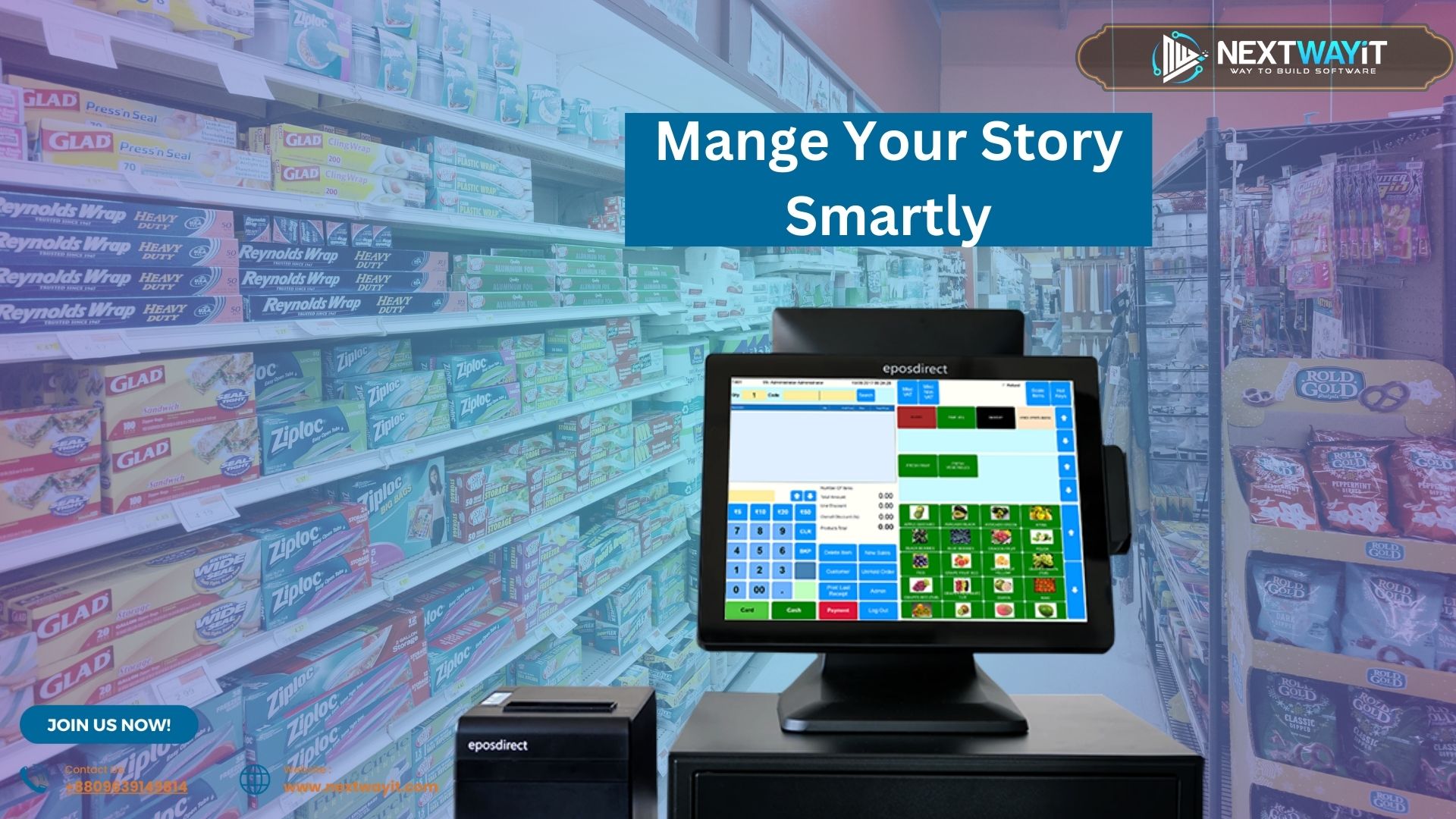
Best Restaurant Management POS Software
Introduction to POS Software Solutions: In this article we will learn about Best Restaurant Management POS Software .
What is POS software?
At its core, POS software is a system used to manage sales transactions and streamline business operations. It typically includes features like inventory management, sales reporting, and customer relationship management.
Importance of POS software in businesses
POS software plays a crucial role in ensuring smooth and efficient operations in various industries, including retail, restaurants, and hospitality. It not only simplifies the checkout process but also provides valuable insights into business performance.
- Start by defining POS software solutions as digital tools designed to facilitate transactions and manage sales processes within businesses.
- Discuss how POS systems have evolved from traditional cash registers to sophisticated software solutions capable of handling multiple aspects of retail operations.
- Emphasize the role of POS software in enhancing customer experience by providing quick and accurate transactions, reducing wait times, and offering personalized services.
Understanding the Key Features
Break down the key features of POS software solutions:
- Inventory Management: Track stock levels, monitor product movement, and automate reordering processes to prevent stockouts.
- Sales Reporting: Generate detailed reports on sales performance, revenue trends, and product profitability to inform strategic decision-making.
- Payment Processing: Accept various payment methods, including credit/debit cards, mobile payments, and digital wallets, securely and efficiently.
Highlight how these features empower businesses to optimize their operations, minimize errors, and improve overall productivity.
Types of POS Software Solutions
- Cloud-based POS systems: Cloud-based POS systems offer flexibility and scalability, allowing businesses to access their data from anywhere and easily expand as their needs evolve.
- Traditional on-premise POS systems: Traditional on-premise POS systems are installed locally on a server and are ideal for businesses with limited internet connectivity or specific security requirements.
- Mobile POS solutions: Mobile POS solutions enable businesses to process transactions on-the-go using smartphones or tablets, making it ideal for pop-up shops, food trucks, and other mobile businesses.
Advantages of POS Software Solutions
Expand on the benefits of adopting POS software solutions:
- Enhanced Efficiency: Streamline checkout processes, reduce manual errors, and eliminate time-consuming tasks like manual inventory counts.
- Improved Customer Service: Enable faster transactions, access customer purchase history, and offer loyalty programs to enhance customer satisfaction and retention.
- Greater Insight: Gain real-time visibility into sales data, customer preferences, and inventory levels to make informed business decisions and adapt quickly to market changes.
Illustrate these advantages with real-world examples or testimonials from businesses that have experienced tangible benefits after implementing POS software solutions.
Tailoring Solutions to Specific Industries
Explore how POS software solutions can be tailored to meet the unique needs of various industries:
- Retail: Highlight features like barcode scanning, promotions management, and customer relationship management (CRM) integration to improve sales processes and customer engagement.
- Restaurants: Discuss functionalities such as table management, split billing, and kitchen display integration that cater to the specific requirements of food service establishments.
- Healthcare: Address specialized features like patient billing, insurance processing, and electronic health record (EHR) integration designed to streamline administrative tasks in medical facilities.
Provide examples of businesses in each industry sector that have successfully implemented industry-specific POS software solutions and achieved significant improvements in efficiency and customer satisfaction.
Addressing Security Concerns
Dive into the security measures implemented in modern POS software solutions to safeguard sensitive data:
- Data Encryption: Explain how encryption technologies protect payment data and customer information from unauthorized access during transmission and storage.
- Tokenization: Describe the process of replacing sensitive data with unique tokens to prevent exposure in the event of a security breach.
- PCI Compliance: Outline the Payment Card Industry Data Security Standard (PCI DSS) requirements that POS systems must adhere to ensure secure payment processing and data handling.
Offer practical tips for businesses to enhance the security of their POS systems, such as regularly updating software, implementing strong authentication measures, and conducting employee training on security best practices.
Integration and Compatibility
Highlight the importance of seamless integration between POS software solutions and other business tools:
- Accounting Software: Discuss the benefits of integrating POS systems with accounting software to automate financial processes, reconcile transactions, and generate accurate financial reports.
- CRM Systems: Explain how integrating POS data with CRM systems enables businesses to gain insights into customer behavior, tailor marketing campaigns, and drive customer loyalty.
- E-commerce Platforms: Explore the advantages of synchronizing inventory and sales data between POS systems and e-commerce platforms to ensure consistent omnichannel experiences for customers.
Showcase examples of businesses that have leveraged integrated POS solutions to streamline operations, improve data accuracy, and enhance customer engagement across multiple channels.
Mobile POS Solutions
Examine the growing popularity of mobile POS solutions and their versatility in various business environments:
- Flexibility: Highlight how mobile POS systems enable businesses to process transactions anywhere, whether on the shop floor, at outdoor events, or during off-site services.
- Mobility: Discuss the benefits of using mobile devices like tablets or smartphones as POS terminals, allowing staff to assist customers, check inventory, and complete sales on the go.
- Affordability: Emphasize the cost-effectiveness of mobile POS solutions compared to traditional POS hardware, making them accessible to small businesses and startups with limited budgets.
Provide case studies or examples of businesses that have adopted mobile POS solutions to enhance customer engagement, increase sales opportunities, and improve operational efficiency in dynamic environments.
Emerging Trends in POS Software
Explore the latest trends shaping the future of POS software solutions:
- Cloud-Based Solutions: Discuss the benefits of cloud-based POS systems, such as remote access, automatic updates, and scalability, allowing businesses to adapt quickly to changing needs.
- AI-Powered Analytics: Explain how AI and machine learning technologies are being integrated into POS software to analyze sales data, predict customer behavior, and optimize pricing strategies.
- Contactless Payments: Highlight the growing demand for contactless payment options like NFC, QR codes, and mobile wallets, driven by consumer preferences for convenience and hygiene.
Offer insights into how these trends are reshaping the POS software landscape and driving innovation in areas like user experience, data analytics, and payment processing.
Choosing the Right POS Software
Provide practical guidance for businesses to evaluate and select the right POS software solution:
- Assessing Business Needs: Encourage businesses to identify their specific requirements, such as transaction volume, industry regulations, and integration preferences, before evaluating POS options.
- Comparing Features: Suggest creating a checklist of essential features and functionalities, such as inventory management, reporting capabilities, and payment processing options, to compare different POS systems objectively.
- Considering Scalability: Advise businesses to choose a POS solution that can scale with their growth and accommodate future expansion plans without significant disruption or additional costs.
Offer tips for conducting thorough research, including reading reviews, requesting demos, and seeking recommendations from industry peers or experts, to make an informed decision that aligns with their business goals and budget constraints.



